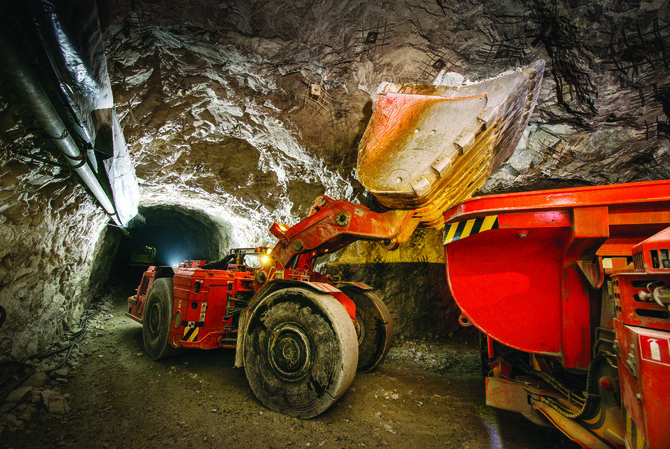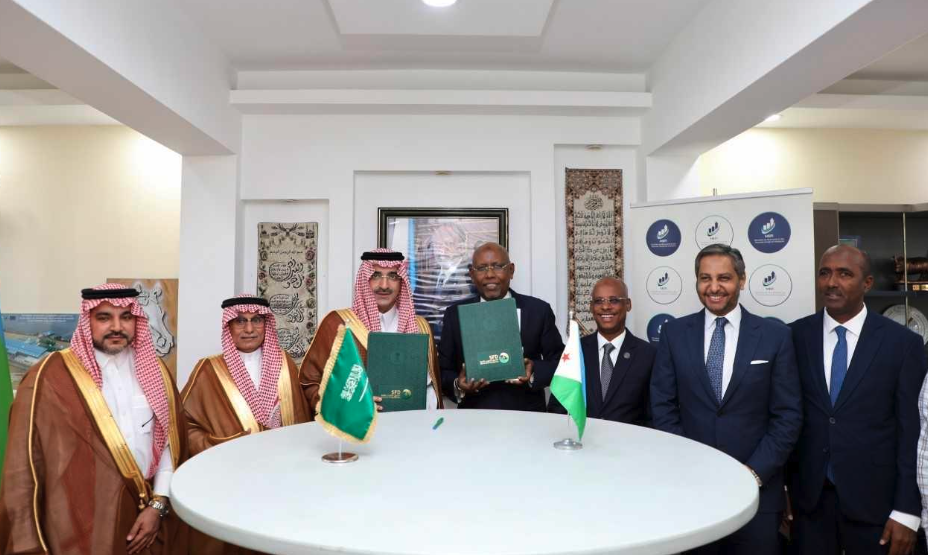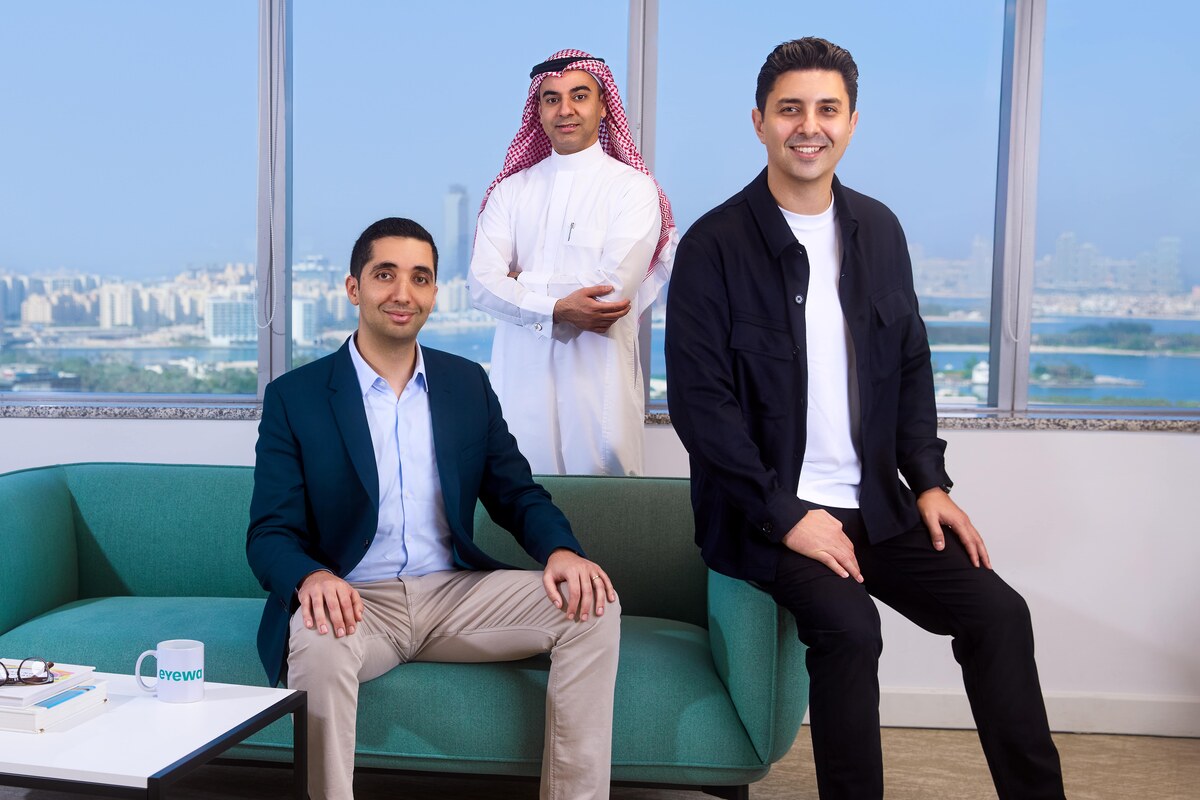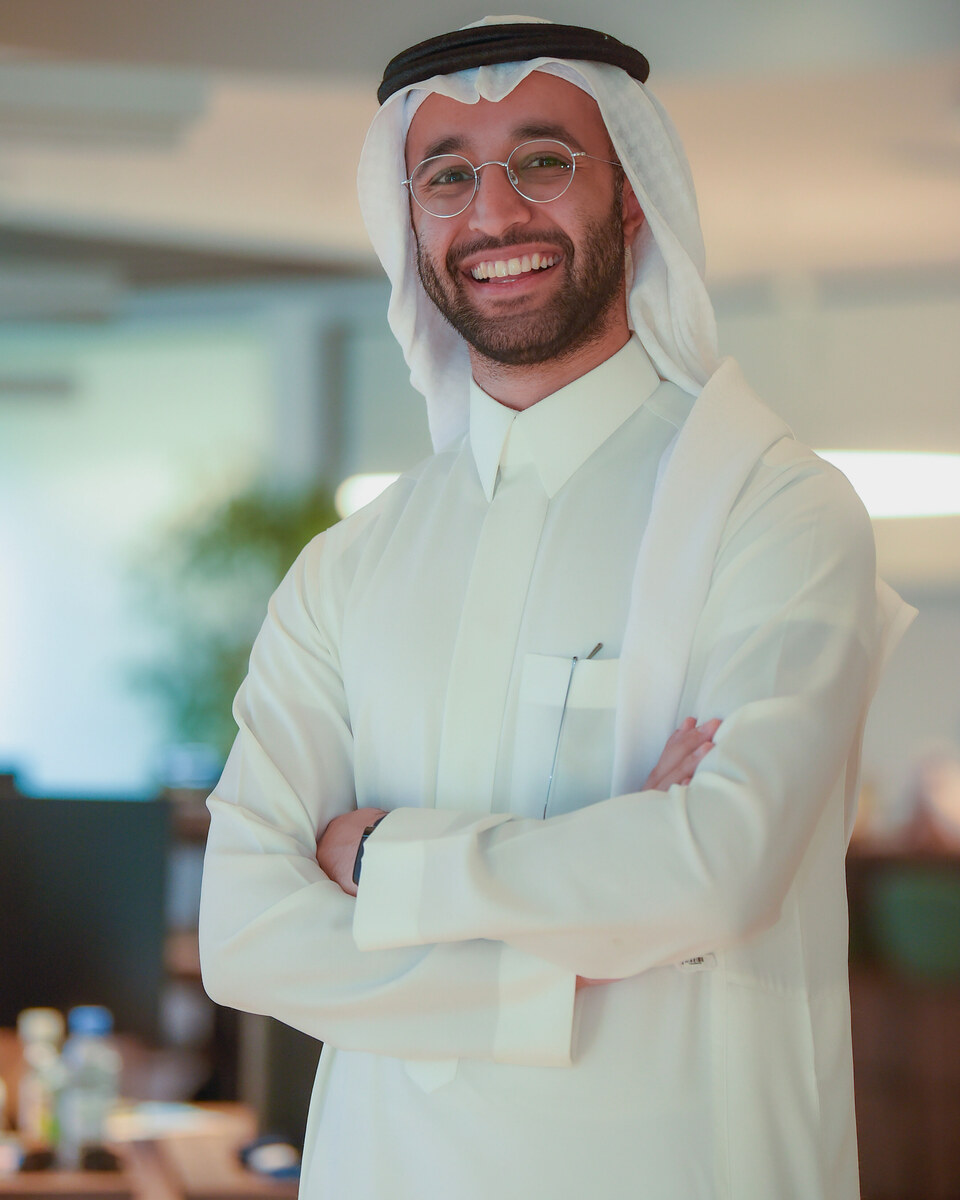RIYADH: Saudi Arabia’s mining sector is on the cusp of a transformative era, with the Kingdom determined to become a global leader in the industry. But have you wondered what treasures lie beneath its lands?
Saudi Arabia is rich in minerals essential for various global industries. The Kingdom is transforming into a leading exporter of diverse energy types, shifting away from its traditional role as an oil producer.
It has strong potential to produce minerals that are essential for energy transition, such as aluminum, copper, and rare earth elements, as well as minerals needed for global agriculture.
The strategic focus on economic diversification has placed the mining sector at the forefront of national development plans, with the Kingdom’s mineral wealth valued at an estimated SR9.4 trillion ($2.4 trillion).
Open for business
According to the World Risk Report 2023 released by UK-based research and consultancy firm MineHutte, Saudi Arabia's mining sector reforms have seen it recognized as the fastest-growing regulatory and investment-friendly environment globally over the past five years.
The report also stated that the Kingdom has been ranked the second-best country for its licensing environment.
This comes as Saudi Arabia saw a 138 percent increase in the number of exploitation licenses issued since implementing the new Mining Investment Law in 2021.
According to Gaute Andreassen, a partner at Bain and Co.’s Advanced Manufacturing and Services and Energy and Natural Resources practices, while some resources are already being mined, there is still a significant amount that has not yet been tapped into.
“The mining sector in Saudi Arabia has for many years been primarily focused on phosphate for fertilizers and bauxite, used in the production of aluminum. These two will also in the future represent a key portion of the sector activities,” Andreassen told Arab News.
He added: “Going forward, there is evidence of additional endowment, e.g. of rare earth elements and also of copper that can be extracted. The question is whether these resources are commercially viable.”
Rabih Nassar, consulting partner for Resources and Industrial at PwC Middle East, believes that besides phosphate and bauxite, there are other key minerals that are considered particularly promising for development within Saudi Arabia's mining sector.
“At the FMF (Future Minerals Forum) 2024, it was highlighted that Saudi Arabia is rich in minerals like phosphates, gold, copper, zinc, lithium, and rare earth elements. Each of these minerals serves distinct global markets and industries,” Nassar stated.
According to Nassar, gold continues to be in high demand, not just for jewelry and investment, but also for technological applications in electronics and aerospace industries due to its excellent conductivity and resistance to corrosion.
Copper is essential in electrical engineering, electronics, construction, and new green technologies such as electric vehicles and renewable energy systems.
He also highlighted the importance of zinc, which is mainly used for galvanizing to protect steel from corrosion making it essential in the construction and automotive industries. This metal is also crucial in the production of batteries and alloy materials.
Lithium plays a pivotal role in the battery industry, especially for electric vehicles and renewable energy storage systems.
Moreover, rare earth elements are crucial for the production of permanent magnets used in wind turbines, electric vehicle motors, and various other electronics like smartphones and computers.
Attracting Investment
During FMF 2024 held in January in Riyadh, Saudi Arabia outlined its strategy to attract investment in the mining sector through regulatory reforms, competitive tax frameworks, and enhanced transparency.
Nassar told Arab News that the Kingdom is improving its geological databases and conducting extensive surveys to better map its mineral resources, thereby facilitating informed decision-making for investors.
He aligned the importance of this work with continuing to enhance regulatory frameworks in order to provide a conducive environment for investment.
“These efforts are complemented by strong government support and streamlined processes for mining licenses and operations,” he said, adding: “These initiatives will provide extended expertise and capital, as well as promote knowledge transfer and capacity building, ensuring the sustainable development of the mining industry.”
Chris Braun, a partner at Bain and Co.’s Retail and Energy and Natural Resources practices, also shed light on what the Kingdom will do to attract both domestic and international investment to support the exploration and development of Saudi Arabia's mining resources.
“The Kingdom is already working on establishing several industries that will be off-takers for significant portions of these minerals.That is a very good start. Beyond that, Saudi firms have shown their ability to work well with international partners in pursuing mining-based opportunities,” Braun said.
He added: “Going forward, a big requirement for success is validating the country’s mineral endowment and investing in exploration.”
Braun further emphasized the importance of developing infrastructure to support mining operations, which are often located in remote areas. This includes modern transportation, housing, reliable utilities, and digital access.
“Finally, Saudi Arabia needs to ensure there is sufficient access to critical capabilities and a qualified labor force. Both non-skilled and skilled labor is critical and making sure the Kingdom educates enough mining engineers should be a key priority,” he stated.
Encouraging Private Sector and Foreign Investments
When it comes to foreign investments in Saudi Arabia, the Kingdom presents an attractive destination for those seeking long-term returns and strategic partnerships.
According to PwC, a range of new opportunities and incentives can be anticipated that the Kingdom will extend to both the private sector and foreign investors.
“The government has overhauled its mining laws to make them more investor-friendly,” Nassar said.
This includes streamlining the application and approval processes for mining licenses, ensuring transparency, and reducing regulatory limitations.
The establishment of a dedicated mining ministry underscores the sector's importance and provides a direct point of contact for investors.
Investors in the mining sector can also benefit from tax incentives, such as reduced tax rates and exemptions on import duties for mining equipment.
“The Saudi Industrial Development Fund also offers financial support such as loans with competitive interest rates to encourage investments in mining-related technologies and infrastructure,” Nassar said.
Developing state-of-the-art mining infrastructure can generate significant investments, such as the construction of rail networks, ports, and roads designed to support the mining and transport of minerals.
These developments aim to reduce logistical challenges and operational costs for mining activities.
Saudi Arabia is heavily investing in geological surveys and has made significant strides in making geological data more accessible to investors.
"This initiative, known as the Saudi Geological Survey, provides detailed and reliable data, reducing the exploration risks and costs associated with mining ventures,” the PwC Middle East consulting partner said.
Furthermore, the Kingdom encourages joint ventures between local and international firms as a central strategy.
These partnerships facilitate technology transfer, share expertise, and combine resources for exploration and development projects, making investments more attractive and feasible for foreign companies.
Additionally, the country promotes sustainable mining practices by offering incentives for projects that prioritize environmental conservation, use renewable energy, and implement green technologies in their operations.
“This aligns with global environmental standards and appeals to environmentally conscious investors. These initiatives position Saudi Arabia as a prime location for mining investments, offering extensive opportunities and support to both domestic and foreign investors,” Nassar said.
Saudi Arabia is not sitting back and waiting for the industry to come to the Kingdom.
Minister of Industry and Mineral Resources Bandar Alkhorayef is proactive on the world stage, visiting countries he believes can benefit from the substantial growth potential the Kingdom has on offer.
Alkhorayef is currently on a South American trip - set to run from July 22 to 30 – and has already participated in a roundtable meeting hosted by the Federation of Industries in Sao Paulo, where he invited Brazilian companies to invest in Saudi Arabia’s burgeoning mining sector.
What’s next?
When asked to envision Saudi Arabia’s mining sector's future trajectory, Andreassen explained that the Kingdom is well-positioned for success due to its substantial reserves of critical minerals that are important both regionally and globally.
“Saudi Arabia sits on a lot of the levers that are likely to yield success in mining. It has access to many minerals that are critical for the region and globally in the years to come. Through a local major player in the mining sector in the Kingdom. It has the potential to become a global champion if it continues its growth trajectory,” he said.
Andreassen went on to say: “The fact that minerals and mining have been given such a prominent position in the Vision 2030, gives us high comfort that the Saudi government will continue to support the sector and ensure it has the right ramifications to grow profitably and fuel the economy.”
This support is expected to boost the economy through job creation and revenue from the sale of minerals and mineral-derived products like metals, fertilizers, batteries, and cars.
On another positive note, PwC has a bright outlook on Saudi Arabia’s mining sector, stating that it is poised for significant growth, supported by governmental reforms and investments.
“The main opportunities include the expansion into new minerals and the integration of cutting-edge technologies for exploration and processing,” Nassar stated.
He added: “By harnessing the potential of its abundant mineral resources and implementing strategic initiatives, the mining sector is set to become a key driver of economic diversification and sustainable development.”
Mining is pivotal in Riyadh's efforts to steer away from oil dependency, focusing on tapping into substantial reserves of phosphate, gold, copper, and bauxite.





























